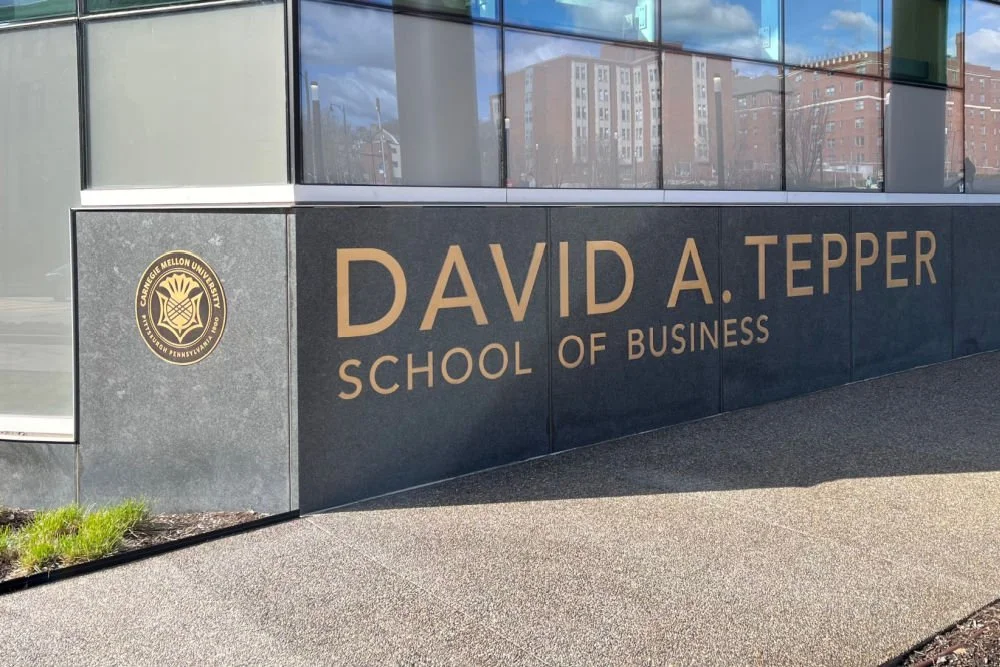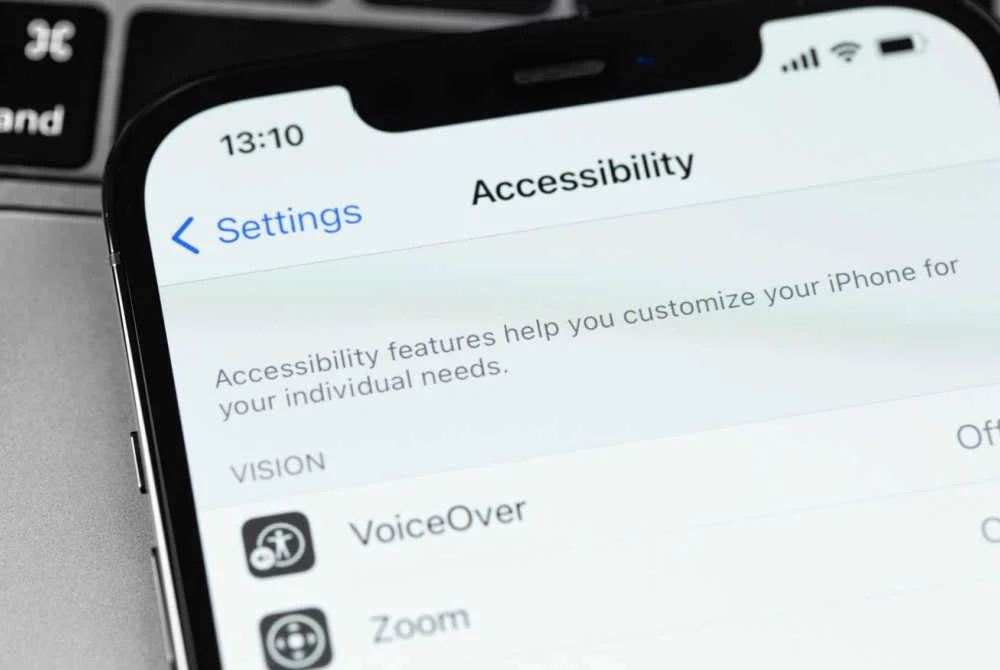For Global Companies, Giving to Upskill Workers Makes a Lot of Sense
/photo: Burlingham/shutterstock
Skills development has taken on prime importance in the world of corporate philanthropy. Both in the U.S. and abroad, companies recognize that building a better-prepared workforce can be a way to lift all boats, including their own. From banks, tech firms and retail giants, these “future of work” commitments are coming at a regular clip. They reflect a trend toward more strategic giving that better aligns corporate citizenship with the quest for profit.
For professional services firm Accenture, upskilling is particularly relevant. With over 400,000 employees and operations that straddle the globe, Accenture does its business in sectors where up-to-date skills are essential, and where the transition to a tech-centric knowledge economy is already lifting large numbers of people in the developing world out of poverty.
Totaling over $200 million, Accenture’s latest philanthropic commitment will infuse several of its existing corporate citizenship initiatives with sizable new resources. Those initiatives, which include Skills to Succeed, Tech4Good, and Accenture Development Partnerships, each take different approaches to the same basic challenge: opening up the future of work to underserved populations.
Accenture says it has already served over 2.2 million people through Skills to Succeed, toward its goal of 3 million by 2020. In fiscal year 2017, the company claims, 52 percent of those beneficiaries were women. Meanwhile, Accenture’s Tech4Good partnerships pursue the related task of developing tech tools to build interest in STEM careers, for instance, or to improve financial literacy. As we’ve seen, Accenture has already partnered with funders like the Rockefeller Foundation on that brand of projects.
Operating since 2003, Accenture Development Partnerships brings government into the picture. On a global scale, the idea is similar to what funders like Michael Bloomberg have been working on in American municipalities. That is, improving service delivery by connecting public and nonprofit actors with private-sector expertise. Accenture has already funded research on tech solutions to organizational challenges through its Open Innovation program. As the firm’s CEO Pierre Nanterme put it, “The opportunity to improve lives requires collaboration across business, government, and non-governmental organizations.”
Related:
- Here's What You Need to Know About Corporate Philanthropy Right Now
- Get With It: Why a Corporate Funder Is Backing Research on Innovation and Organizations
- Data for What? Mike Bloomberg and the Limits of Technocratic Philanthropy
As is often the case with these high-dollar-figure corporate commitments, it’s hard to know exactly when and how actual grants and partnerships will materialize. Making an initial PR splash is part of the strategy.
That has certainly been the case for Google, which just made a $100 million skills commitment of its own. Over the next five years, it will give funds through Grow With Google, a skilling and business development platform the tech giant first unveiled in 2015. Since then, Google.org president Jacqueline Fuller writes, “more than 214,000 people have found a new job or started a business thanks to the training offered.” This latest commitment will fund nonprofits in Europe, the Middle East and Africa.
More skills development funding from Google’s philanthropy arm is hardly a surprise. When CEO Sundar Pichai announced the company’s billion-dollar philanthropic game plan last fall, workforce development was a major theme. So was the inclusion of underserved populations. Pichai’s announcement followed previous commitments earlier in 2017 to narrow the workforce “skills gap” and to close the “education gap” dividing young people in the developing world from their peers in wealthier nations. Like Accenture, Google sees tech as a key part of all of this, and it’s poised to offer its own brand of solutions.
There is likely a political aspect to Google’s actions, especially when it comes to Europe. Back in March, the company pledged to “help 1 million Europeans find a job or grow their business by 2020.” An admirable venture, to be sure, but one that also happened to coincide with the European Union’s development and adoption of the General Data Protection Regulation (GDPR), which recently took effect. Part of Google’s business, of course, involves tracking the habits of nearly everyone on the web, often in ways that have alarmed European regulators.
The fact that these global companies give in self-serving ways doesn’t diminsh the impact of that giving. For people born without privilege, these corporate workforce commitments can open up definite pathways out of poverty. But this giving can also be a form of digital-age power projection, cornering new markets and skirting local regulations—or even seeking to influence them.
And here in the U.S., at least, our usual critique of skills-oriented giving applies. Upskilling helps, but it doesn’t address the root causes of wage stagnation and stymied upward mobility. After all, low-skilled jobs are still enormously abundant across the country, and the need to fill those positions is growing. In one of its latest workforce development ventures, Google happens to be partnering with one of America’s top purveyors of low-wage employment, Walmart.
Meanwhile, big banks like JPMorgan Chase and Citi that are giving for workforce development also offer pretty meager pay for many positions even as they rake in huge profits. And they're investing heavily in automation that some analysts believe may eventually eliminate large swaths of banking jobs—on top of the jobs already wiped out by ATMs and other advances.
While the global future of work has its bright spots, corporate funders need to pay attention to the systemic ways that the future—and their own practices—may leave people behind.
Related:







































